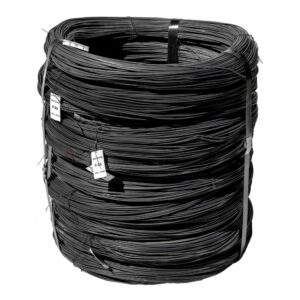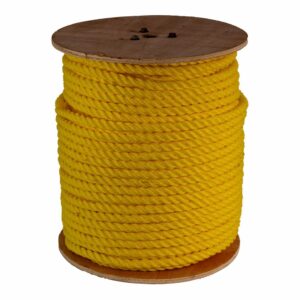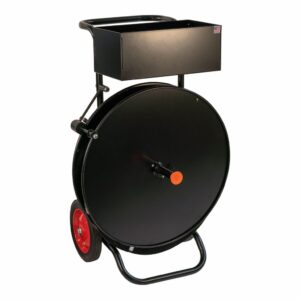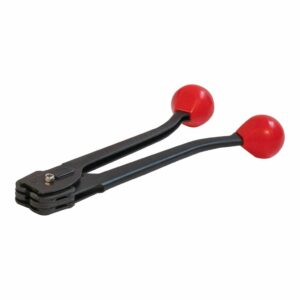Description
Laminated Veneer Lumber (LVL) is an engineered wood product commonly used in construction. It is made by bonding together thin wood veneers with adhesives, resulting in a strong and versatile material.
Key Features of LVL:
- Strength and Stability:
- LVL is known for its high strength and stability, making it an excellent choice for structural applications. The lamination process allows for consistent and predictable performance.
- Versatility in Construction:
- LVL can be used for various construction purposes, such as beams, headers, and joists. Its versatility stems from its ability to span longer distances and support heavy loads, offering design flexibility.
- Uniformity:
- The manufacturing process of LVL ensures a high level of uniformity in terms of strength and size. This consistency allows for precise engineering and reliable structural performance.
- Resistance to Warping and Shrinkage:
- LVL exhibits minimal warping or shrinkage compared to solid wood, providing stability over time. This is particularly important in applications where dimensional stability is crucial.
- Sustainability:
- LVL is often produced from fast-growing and renewable wood species, making it an environmentally friendly choice. The efficient use of wood resources in the manufacturing process enhances its sustainability.
LSL (Laminated Strand Lumber):
Laminated Strand Lumber (LSL) is another engineered wood product made by compressing and bonding wood strands together. It is commonly used for structural framing components.
Key Features of LSL:
- Consistent Strength:
- LSL offers consistent strength properties across its length and width, making it a reliable choice for structural elements such as studs and headers.
- Precision in Manufacturing:
- The manufacturing process of LSL allows for precise control over the material’s characteristics, resulting in a product with predictable performance.
- Economical Choice:
- LSL is often a cost-effective option compared to traditional lumber for certain applications. Its consistent quality and strength contribute to its economic advantages.
- Long Lengths:
- LSL is available in longer lengths than traditional lumber, allowing for greater design flexibility and reducing the need for joints in some applications.
- Versatile Applications:
- LSL is suitable for a variety of construction applications, including framing, sheathing, and rim boards. Its versatility makes it a valuable component in modern construction projects.
C-Joist:
C-Joists are engineered floor joists shaped like the letter “C.” They are commonly used in flooring systems to provide structural support.
Key Features of C-Joists:
- Design Flexibility:
- The C-shaped design of these joists allows for the easy passage of utilities, such as plumbing and electrical wiring, through the joist openings, providing flexibility in design and installation.
- Lightweight Construction:
- C-joists are typically lightweight, making them easier to handle and install. This contributes to faster construction times and reduced labor costs.
- Consistent Performance:
- Engineered C-joists are manufactured with precision, ensuring consistent strength and performance. This reliability is crucial for supporting floor loads and maintaining structural integrity.
- Open Web Design:
- The open web design of C-joists allows for efficient installation of HVAC ducts, plumbing, and electrical components, simplifying the integration of building systems.
- Reduced Shrinkage and Twisting:
- Engineered C-joists are less prone to shrinkage and twisting compared to traditional solid wood joists, contributing to a more stable and durable flooring system.









Reviews
There are no reviews yet.